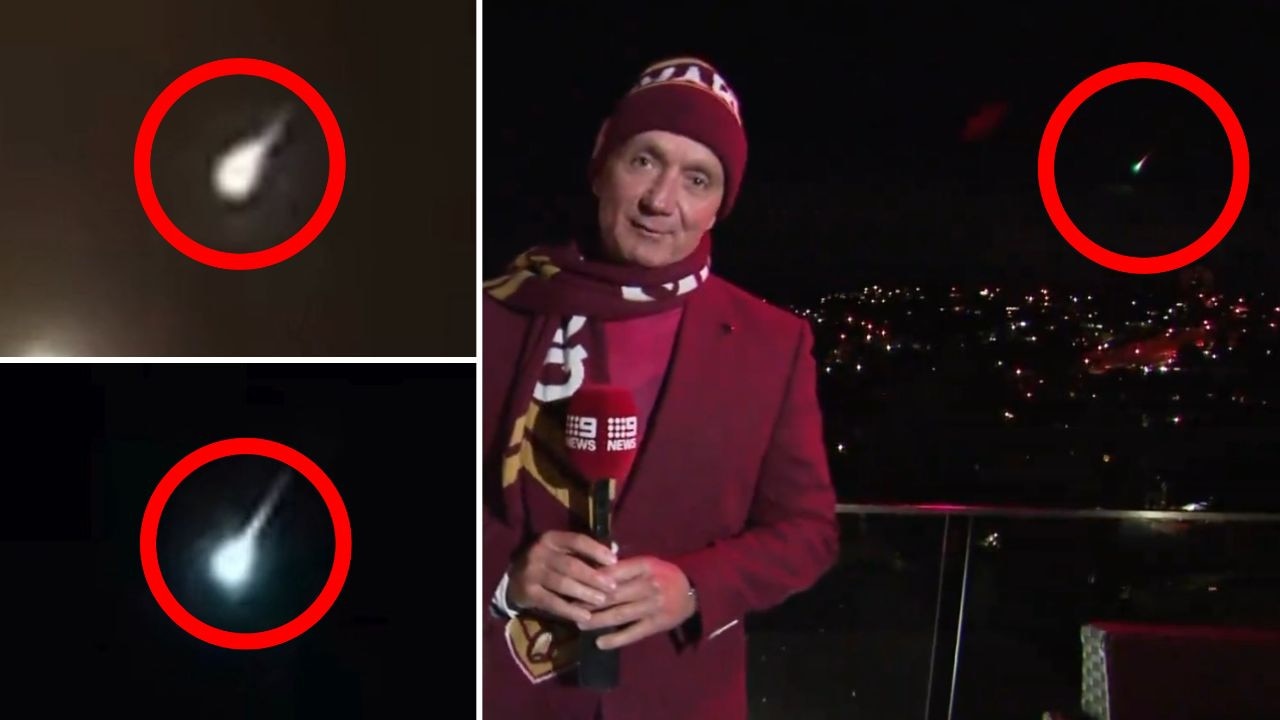Coronavirus QLD: What you actually need to buy for 14-day quarantine | List
Hand washing, improving hygiene and mask-wearing are all effective measures in slowing the spread of viral outbreaks. However, they fail to address the most important defence mechanism we humans have — our immune system.
Brisbane News
Don't miss out on the headlines from Brisbane News. Followed categories will be added to My News.
Reports are circulating that up to 70 per cent of the Australian population could be infected with the coronavirus COVID-19.
It’s true; a high percentage of us will be infected and an even higher percentage will be exposed to it over the coming months.
But with a vaccine said to be some 18 months away, what can we do to protect ourselves and our loved ones from this virus? In short, the answer lies in nutrition.
Hand washing, improving hygiene, mask-wearing and thorough washing of fruit and vegetables are all effective measures of slowing the spread of viral outbreaks.
However, they fail to address the most important defence mechanism we humans have – our immune systems.
WHAT IS A VIRUS?
When a virus enters the human body, it does so encased within a capsid (a protein shell) in which a virus exists. For a virus to infect the human body, it must first escape this capsid.
Enter the immune system. When a virus first enters the body – in the form as a capsid – it triggers the immune system, which deploys white blood cells and antibodies.
The immune system’s mission is to ensure the virus remains safely inside the capsid before being escorted out of the body.
A weak immune system is defined by a low white blood cell count and will have difficulty in producing the white blood cells needed to escort the capsid out of the body. This is why COVID-19 – like all viruses – affects the elderly and those with pre-existing health conditions, to a greater extent than others.
In old age and sickness, our immune system is weak.
WHAT CAN YOU DO?
Combating coronavirus is really a matter of strengthening the immune system and the best way to strengthen the immune system is to improve nutrition.
People of all ages and health conditions will feel the benefits of improved nutrition in the face of the current coronavirus COVID-19 pandemic.
At Nutrition Diagnostics, we suggest an uptake of protein, glutathione and vitamin C to boost immunity.
These can be derived from the following foods and also from supplements:
Beef/Veal: Beef is high in protein. Protein aids in the production of white blood cells and lymphocytes – meaning an uptake in protein is particularly beneficial when trying to defend against viruses. Over our 30 years in nutritional consulting, we have found those with a low protein status are often predisposed to a number of health conditions.
Lamb: Lamb is high in protein, but also a great source of glutathione. Glutathione is an antioxidant. One of its most important functions is to maintain the integrity of the viral capsid ensuring the virus does not penetrate the cell and infect the body. For this reason, we suggest an uptake in glutathione during viral outbreaks.
Eggs: Eggs are high in protein and glutathione. Eggs are great for breakfast, so we suggest you start your day with a hearty serve cooked to your liking.
Asparagus and avocado: Asparagus and avocados are high in glutathione and are beneficial in the defence against viruses. There doesn’t seem to be a more iconic duo than avocado and eggs, so we suggest enjoying avocado for breakfast alongside your eggs. Asparagus, on the other hand, is an excellent side for steak and can be easily fried in the same pan for convenience sake.
Onion and garlic: Aside from adding flavour to our meals, onion and garlic are also rich in sulphur. Sulphur is crucial for detoxification and the synthesis of glutathione.
Vitamin C: vitamin C’s primary function is to encourage the production of white blood cells, which is the immune systems primary defence mechanism against viruses. Low levels of vitamin C – especially in the instance of virus – tend to be linked to poor health outcomes. Vitamin C can be obtained from food however, in times that require a significant uptake, we suggest supplementation.

Owen Davis, 34, is the senior nutritionist and manager at Nutrition Diagnostics in Redcliffe. Owen studied food science and nutrition in 2003 at the University of Queensland and later graduated with a Bachelor of Health Science and Nutrition from Endeavour College.
Nutrition Diagnostics, 28 Anzac Ave, Redcliffe
nutritiondiagnostics.com.au


